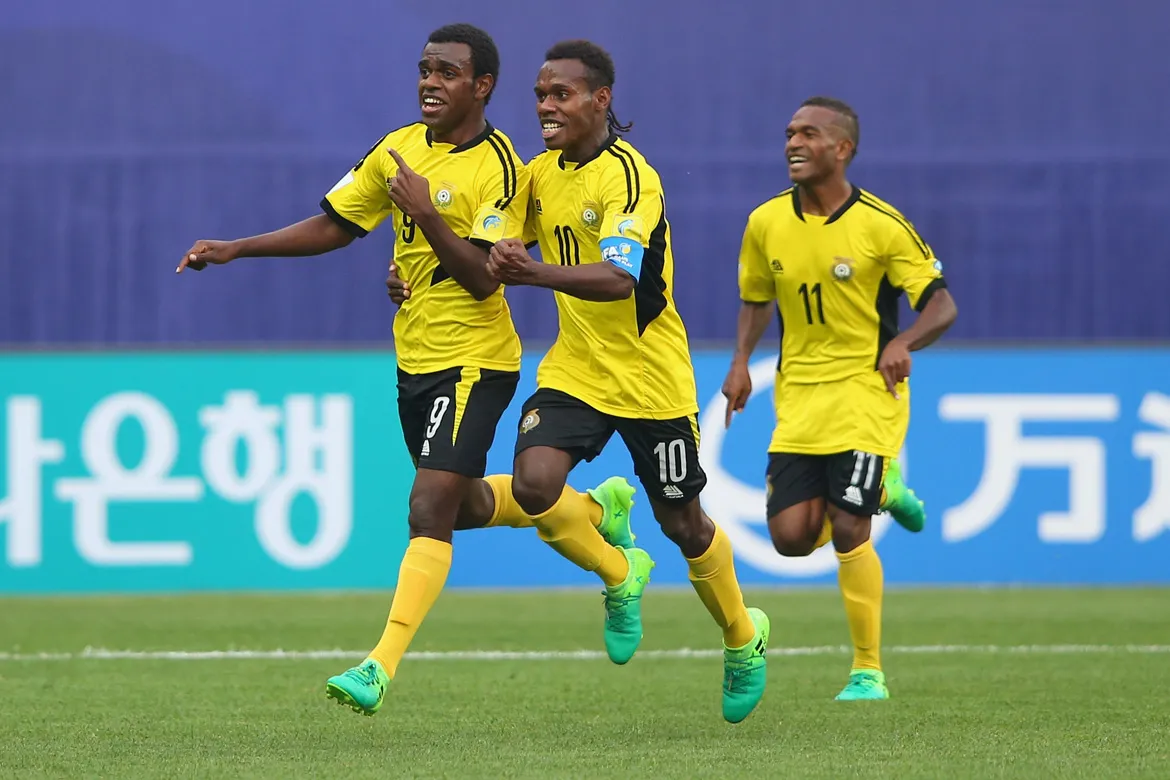A new partnership will see Australian and Pacific national teams play regular international matches.
The Australian Government and Football Australia have signed a new four-year investment through the PacificAus Sports program.
The partnership will also provide capacity-building initiatives to support the development of players, match officials, and administrators across the region.
It will encompass both women’s and men’s football at various age levels, as well as international futsal, offering Pacific teams the opportunity to train and compete alongside some of Australia’s top talent.
It will build on past initiatives, such as the 2019 Pacific Tour, where Australia’s Junior Matildas played in the Solomon Islands, Vanuatu, and Tonga, and later expanded to include Australian age-group national teams.
The Minister for International Development and the Pacific, Pat Conroy MP, expressed enthusiasm for the growing ties between Australia and the Pacific through football.
“Australia and the Pacific come together through a shared passion for sport, and it’s exciting to see football’s continued growth and popularity throughout the region,” Conroy said.
Anter Isaac, Football Australia Chair, highlighted the natural connections between Australian football and the Pacific, particularly after New Zealand co-hosted the FIFA Women’s World Cup.
“This partnership will improve the development of players, match officials, and administrators from Pacific nations, as well as strengthen our ties within the region.”
Oceania Football Confederation (OFC) President Lambert Maltock emphasised the long-standing relationship between OFC and Football Australia, noting that this partnership will further the development of football across the Pacific.
“At OFC, our priorities are development, education, and high performance, and this initiative aligns with those goals,” Maltock said.
Athletes from the Pacific region also voiced their support for the partnership. Brian Kaltak of Central Coast Mariners FC and Vanuatu national team praised the opportunities it provides for Pacific nations to engage in high-performance training and international competition.
Meanwhile, Raphael Lea’i of Adelaide City FC and the Solomon Islands national team underscored the importance of playing against strong teams like Australia.
“For us to go to Australia, or for Australia to play in the Solomons – in men’s football, women’s football, and futsal – it really helps us as players, and helps to make us partners,” he said.
Adi Litia Bakaniceva of Rewa Football Club and the Fiji women’s national team highlighted how the program not only improves players on the field but also strengthens relationships off the field, inspiring the next generation of footballers.
